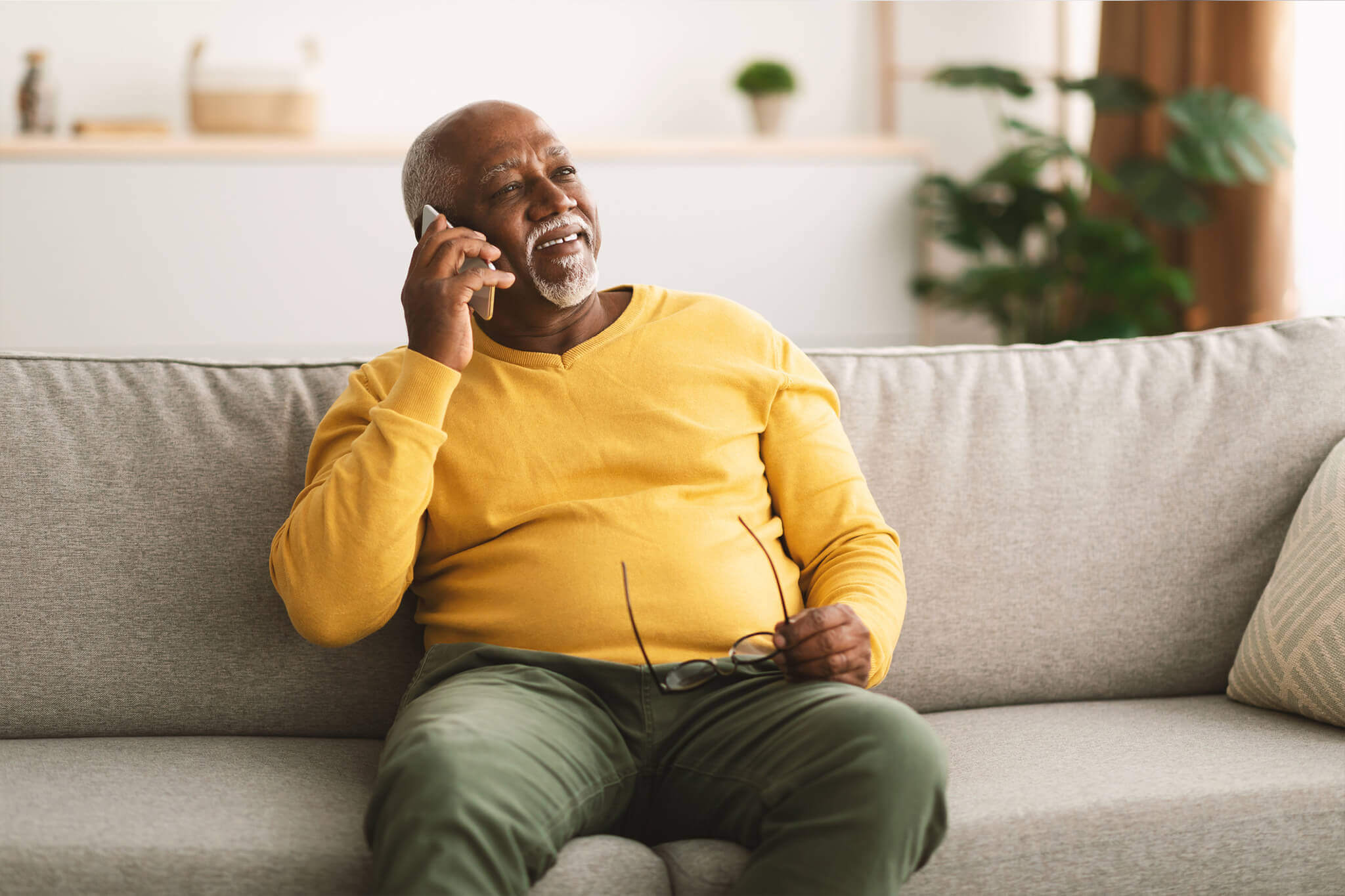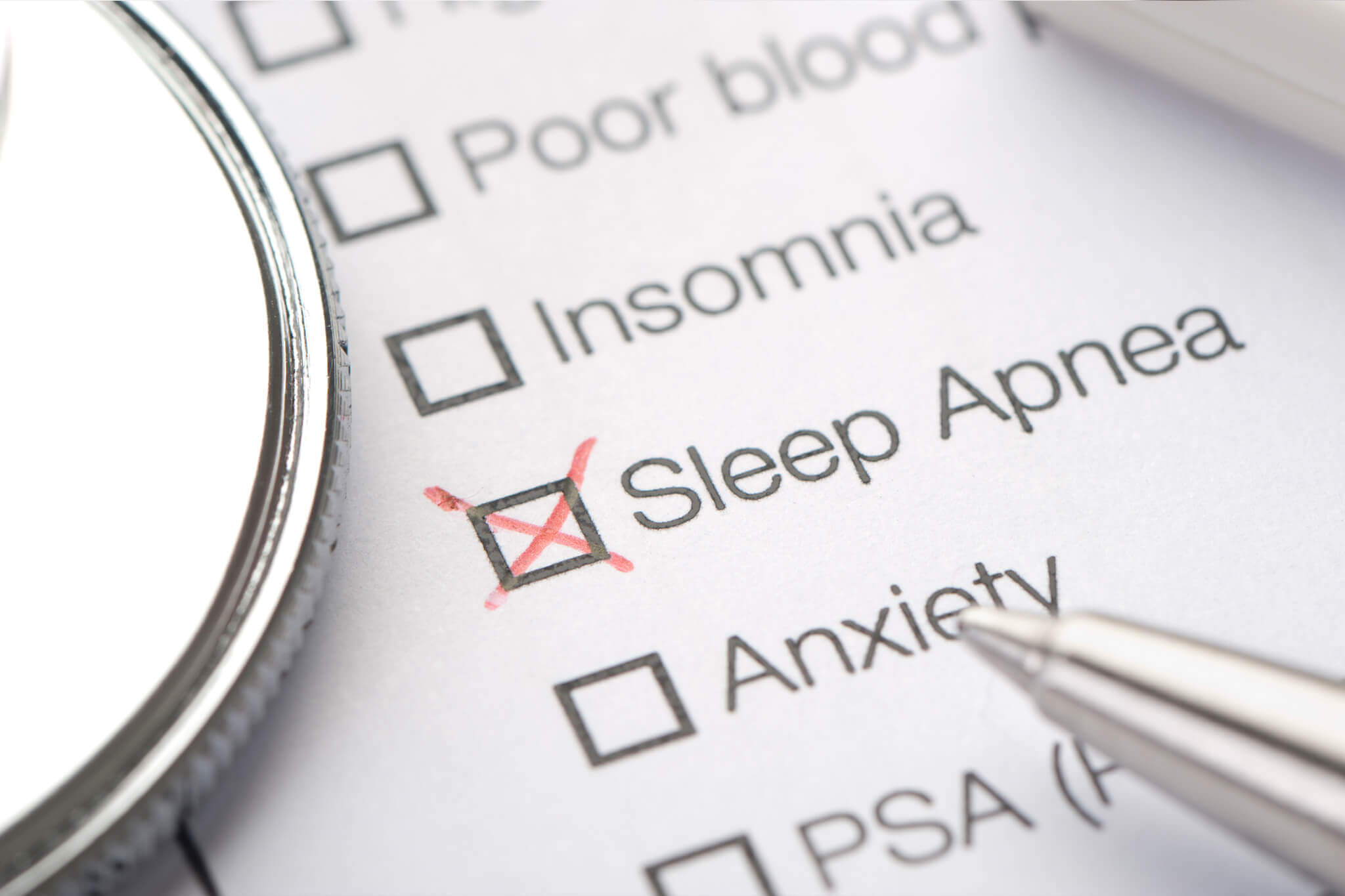Trouble falling asleep or staying asleep can affect everything from your mood to your overall health. Insomnia is a common sleep disorder that impacts millions of adults globally.
While there are various approaches to the treatment of insomnia in adults, one of the simplest and most effective solutions lies in adopting good sleep hygiene habits.
Let us discuss what sleep hygiene means, why it is essential, and the steps you can take to improve your sleep.
What Is Sleep Hygiene
Sleep hygiene refers to the practices and habits necessary for quality nighttime sleep and daytime alertness. It includes setting routines, creating a good sleep environment, and adjusting behaviors that impact your sleep. These habits can make a significant difference in falling and staying asleep, especially for those dealing with insomnia.
Good sleep hygiene also complements other treatments for insomnia in adults, such as behavioral therapies or medication, and serves as a pillar of sustainable sleep health.
Why Is Sleep Hygiene Important for Insomnia
Poor sleep hygiene often contributes to the onset and persistence of insomnia. Staying up late to use phones or keeping irregular sleep schedules can disrupt your internal body clock. Additionally, alcohol or caffeine close to bedtime can interfere with your natural sleep cycle.
By practicing good sleep hygiene, you give your body the best possible conditions for restful sleep. Adopting these changes can reduce the need for other medical treatments and align your body’s biological rhythms for optimal rest.
Effective Sleep Hygiene Tips
The following are some good sleep hygiene that can help treat insomnia.
1. Maintain a Consistent Sleep Schedule
Your body has an internal clock, also known as the circadian rhythm. Going to bed and waking up at the same time every day helps regulate this clock. Even on weekends, sticking to your schedule can improve your body’s ability to fall and stay asleep.
Set an alarm not just for waking up but for bedtime to remind yourself to wind down.
2. Create a Relaxing Bedtime Routine
Engaging in a calming activity before sleep signals your body that it is time to rest. Consider reading a book, meditating, or practicing deep breathing exercises. Avoid tablets, smartphones, or LED screens, as blue light suppresses melatonin production, a hormone vital for sleep.
Additionally, avoiding stimulating activities like energetic conversations or work emails can better prepare your mind for relaxation.
3. Optimize Your Sleeping Environment
Your bedroom should be a sanctuary for sleep. Ensure the following for an optimal sleep setting:
- Keep the room dark using blackout curtains or a sleep mask.
- Maintain a cool room temperature around 65°F, which is ideal for most people.
- Use a comfortable mattress and supportive pillows tailored to your preference.
- Remove or limit external noise using a white noise machine or earplugs if necessary.
Avoid watching television or working in bed, as this can create associations that make it harder to relax.
4. Limit Caffeine, Alcohol, and Nicotine
Caffeine and nicotine act as stimulants and should be avoided at least four to six hours before bedtime. Likewise, while alcohol may make you feel drowsy initially, it can result in fragmented sleep and wakefulness during the night.
Instead, switch to non-caffeinated herbal teas or warm milk before bed for a soothing effect.
5. Adopt Healthy Daytime Habits
It is a good idea to adopt the following healthy habits during the day to promote better sleep at night:
Exercise Regularly
Physical activity during the day promotes better sleep quality. However, avoid vigorous exercises within three hours of bedtime. Opt for morning or early afternoon workouts instead.
Limit Napping
Daytime naps, particularly longer than 20 minutes, can disrupt nighttime sleep. If you must nap, do so early in the afternoon.
Sunlight Exposure
Getting natural sunlight during the day regulates your sleep-wake cycle by maintaining your circadian rhythm. Aim for at least 30 minutes of sunlight exposure, especially in the morning.
6. Avoid Late-Night Meals
Heavy meals or snacks too close to bedtime may trigger indigestion or discomfort, disrupting your sleep. Finish eating at least two to three hours before going to bed.
Choose light options such as a small banana or crackers with peanut butter if hunger strikes.
How Sleep Hygiene Fits into the Treatment for Insomnia in Adults
While good sleep hygiene alone may not resolve severe insomnia, it serves as a foundational step toward improvement. Sleep hygiene is often paired with cognitive behavioral therapy for insomnia (CBT-I), the gold standard for treating chronic insomnia. CBT-I works by addressing the thoughts and behaviors that negatively impact sleep.
For individuals requiring further medical help, sleep medicine doctors may combine sleep hygiene practices with short-term medications, especially for acute cases. However, addressing lifestyle habits remains key to long-term success.
When to Seek Professional Treatment for Insomnia in Adults
If you have consistently tried improving your sleep hygiene but still struggle with falling or staying asleep, it may be time to consult a sleep professional. Insomnia may be a symptom of underlying conditions such as anxiety, stress, or obstructive sleep apnea. Specialized treatments for insomnia in adults, provided by sleep clinics or certified sleep medicine professionals, can offer tailored solutions.
Visit a trusted sleep specialist or clinic to discuss your unique challenges. Receiving guidance from experts will ensure you receive the most effective treatment plan.
Treatment for Insomnia in Adults in Reno-Sparks, Nevada
Do not settle for sleepless nights and low energy levels. Quality sleep is within your reach with the right habits and support. Start building better sleep hygiene today by following the tips outlined above.
For advanced solutions and expert insights, consider speaking to a sleep health professional at MelioREM Sleep Clinic. Our team, led by a board-certified and fellowship-trained sleep medicine physician and internist, Dr. Innocent C. Ezenwa, specializes in treatments for insomnia in adults. We provide in-lab and at-home sleep studies to diagnose sleep issues and deliver personalized treatments and strategies to help you improve your sleep and enhance your quality of life.
Take charge today and rediscover restful nights. Call us today at (775) 557-4900 to schedule an appointment for the treatment of insomnia in adults.
H




